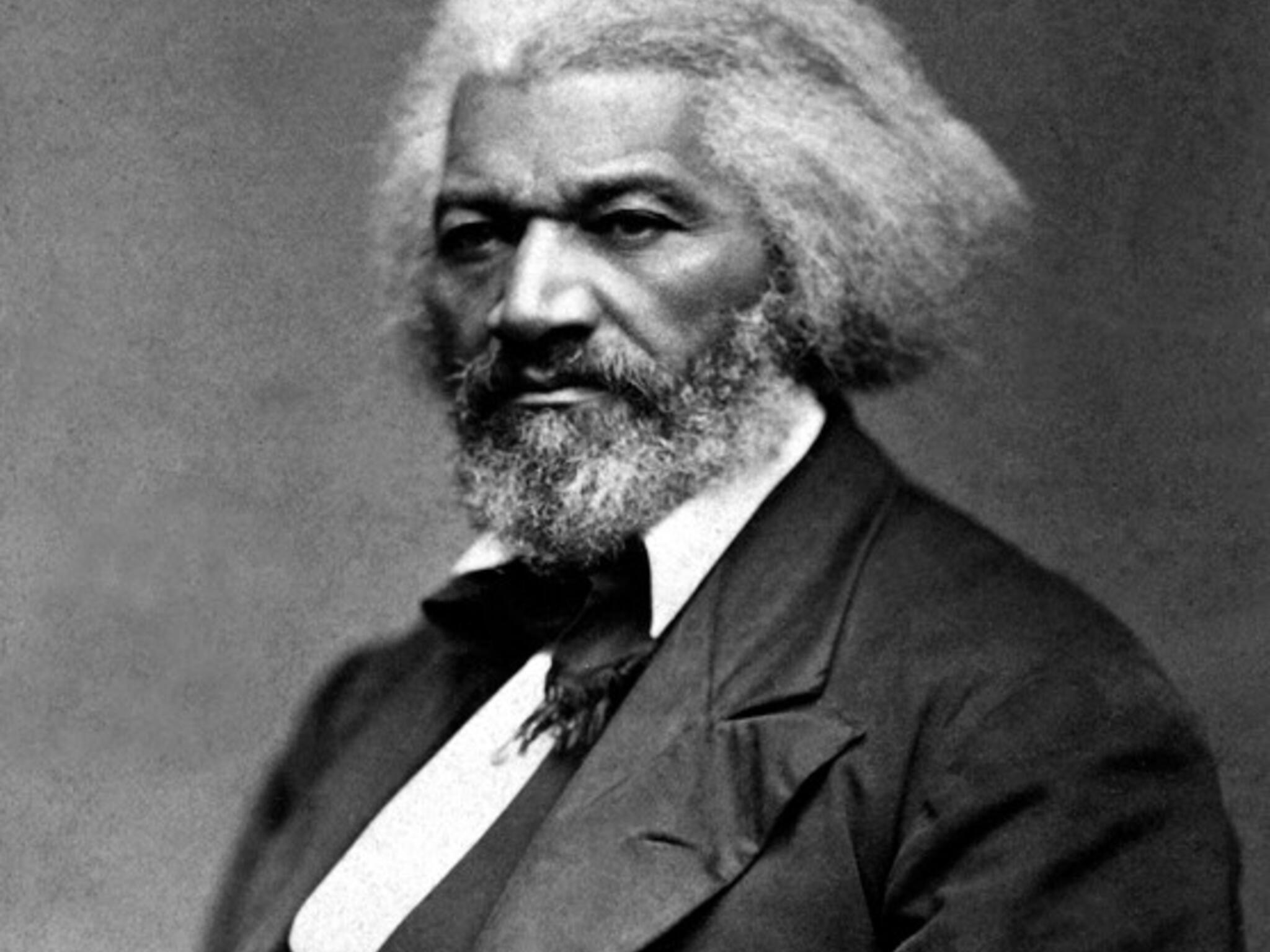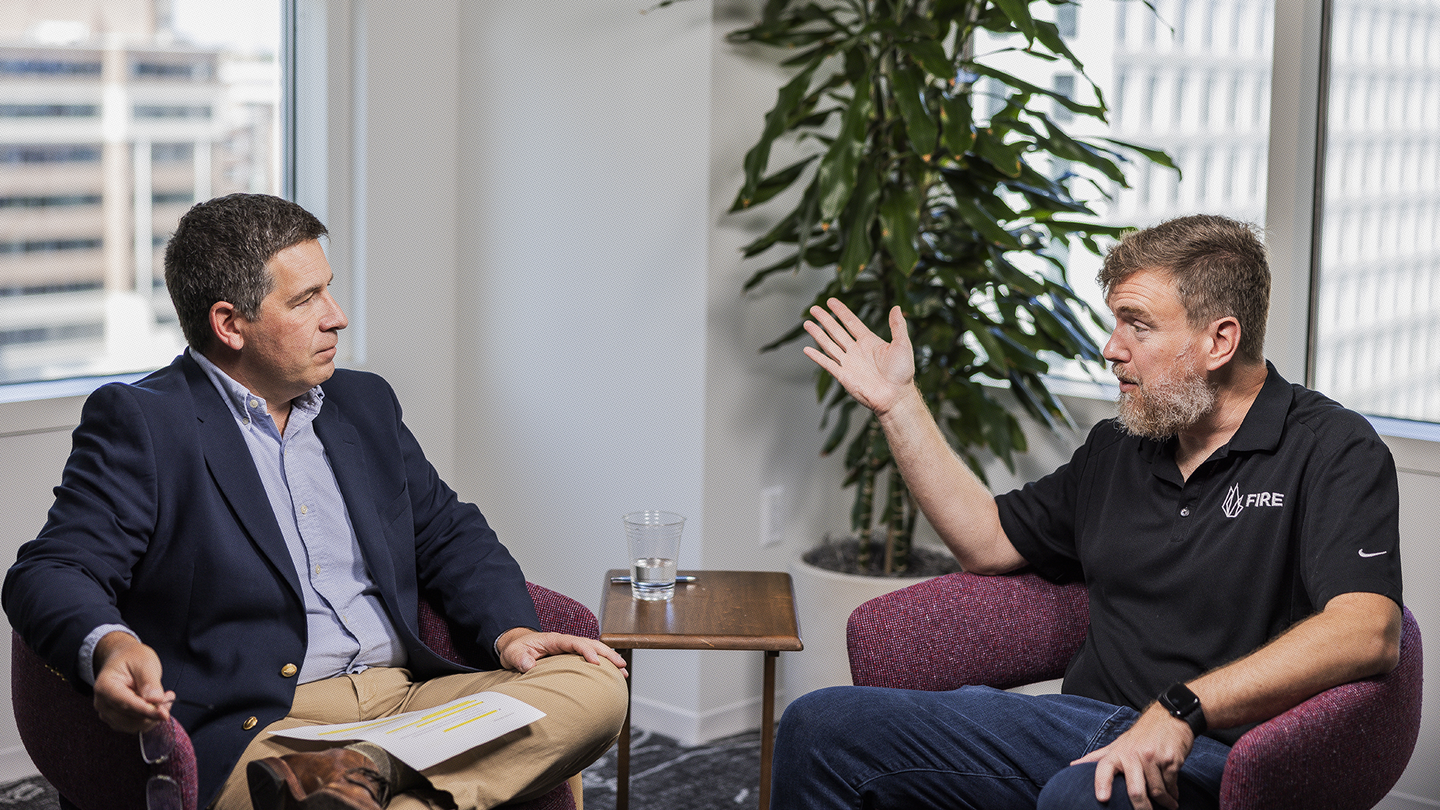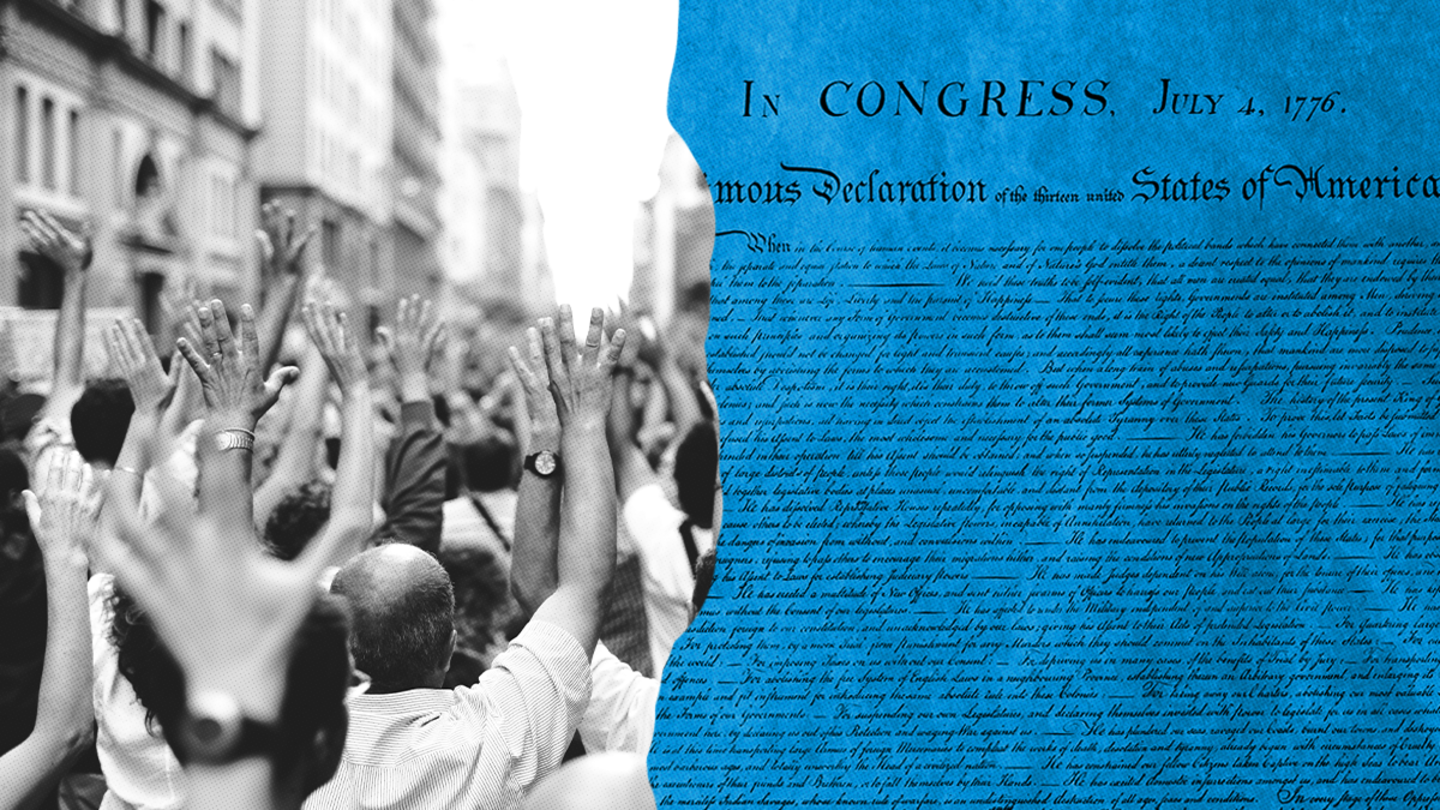In July 1776, a group of Americans gathered in Philadelphia to rally around a radical idea. They were days away from challenging the tyranny of King George III with what was then the most revolutionary decree in history: “[All people] are created equal… they are endowed by their Creator with certain unalienable Rights, that among these are Life, Liberty and the pursuit of Happiness.”
That radical idea became the cornerstone of the great American experiment in human freedom. Our first 248 years can be defined by our society working to close the gap between the ideals articulated in the Declaration of Independence and the reality of living up to their promise.
That commitment to striving to better live up to core American principles resulted in a gradual expansion of the “we” in “we the people” – unleashing an improvement in flourishing and progress beyond anything ever experienced in all of human history. An unprecedented number of people could build a life that was previously imaginable and live out the American dream.
Yet as we approach the 250th anniversary of this great American experiment, our country finds itself at a crossroads: Who — and what — will define the American dream for the next 250 years?
America at a crossroads
Despite America’s progress, today more and more people feel like they’re being left behind – and understandably so. Social mobility is down. Educational achievement is down. Entrepreneurship is down. Even life expectancy is down.
These declines have resulted in record numbers of people becoming resentful and giving up on the American dream, even questioning if it was ever real in the first place. When they see America, they see a place where only some people have a chance to get ahead, not where everyone can succeed. And they question if America’s founding principles still apply.
This uncertainty has fueled a competition for the future of our country, said Stand Together Vice President Sarah Cross. “In its simplest terms, the present debate is between two very different visions,” she said. “Will the core American principles of bottom-up empowerment expressed in the Declaration of Independence continue to guide our country for the next 250 years? Or, when the going gets tough, will we abandon those principles for a top-down approach of power and control?”
America has encountered similar crossroads before, from the abolition of slavery to women’s suffrage and the movement for civil rights. Each time, we’ve emerged from our darkest moments when people rallied around solutions based on core American principles that unlocked a new era of progress and opportunity. And despite the toxic polarization we see all around us today, a look beneath the surface reveals there’s reason to be optimistic.

The principles contained in [the Declaration of Independence] are saving principles. Stand by those principles, be true to them on all occasions, in all places, against all foes, and at whatever cost.”
Frederick Douglass
The illusion of disunion
Research by Populace shows our divisions are actually collective illusions, a phenomenon when most people in a group go along with an idea they don’t agree with because they mistakenly believe most people in a group believe the same. This forces people to publicly say and do things they don’t really agree with.
That’s precisely what happens in America today. The political extremes are so loud that most believe our differences are irreconcilable. But this is not true.
- According to Populace, both Democratic and Republican voters overwhelmingly agree on what the priorities of America should be, as they share nine out of the top 15 high-level aspirations for the future of America.
- Both conservatives and liberals place individual rights, high-quality health care, an unbiased criminal justice system, and safe communities among their top 10 national priorities.
Americans not only share the same values and goals but are also eager to do their part and help their communities.
- A study by Populace and Gallup found that five of the top 10 priorities for personal success are connected to having a meaningful life, being involved in community, and lending a hand to others. The data is clear — Americans want to help.
That spirit of mutual benefit and solving problems from the bottom up is a hallmark of the American experiment. French political thinker Alexis de Tocqueville noted with awe how Americans banded together as a community and found local solutions to local issues — instead of waiting for faraway bureaucrats to solve their problems for them.
That’s how we transformed our promise in 1776 into a living reality – and continue to do so.
Sign up for the Stand Together newsletter and get stories, ideas, and advice from changemakers to help you tackle America’s biggest problems.
The future of America relies on community-based solutions
Countless organizations and individuals nationwide are rebuilding America’s social trust and optimism by living out America’s founding ideals. While their efforts span many issues in communities across the country, they are driven by the same principle: People who are closest to a problem are usually best able to solve it, rather than experts from afar.
- Care Portal is transforming a broken foster care system by connecting families with the resources and services they need to stay together. By connecting with churches across the country, Care Portal leverages new technology with the distinctly American commitment to give everyone in society a shot at having a happy life.
- Interfaith America is training students at more than 70 colleges and universities how to engage with people they disagree with. Through the organization’s Bridging the Gap project, students learn that it’s not about trying to get the other side to accept blame for a problem. It’s about being open and curious about the other person's experience so that they can find mutually beneficial solutions to pressing issues.
- The Bill of Rights Institute network of over 76,900 high school civic teachers educates 7.6 million students on the radical ideas that shaped our nation’s founding, and how to apply them to tackle the greatest challenges of our time.
Community-based solutions like these show that the core American principles expressed in the Declaration of Independence are as relevant today as ever before. Rather than relics of a distant past, said Cross, they provide a roadmap for achieving a brighter future.
“We will make the next 250 years better than the last if the millions of Americans who still believe in these principles get back in the game of civic life, roll up their sleeves together to create solutions to our problems and institutions that will enable a better future.”
The Stand Together community partners with changemakers who are tackling the root causes of America’s biggest problems.
Learn more about Stand Together's efforts to build strong and safe communities and our efforts to defend America’s constitutionally limited government. Explore ways you can partner with us.

This federal agency is leaving one business in legal limbo.

Protecting the constitutional rights of patients and medical providers.

The government can’t take more than it’s owed.

FIRE’s College Free Speech Rankings provide insights on the state of free speech – not just on campus.
